The remarkable date

Dates are seriously good for you. True!

Dates are seriously good for you. True!
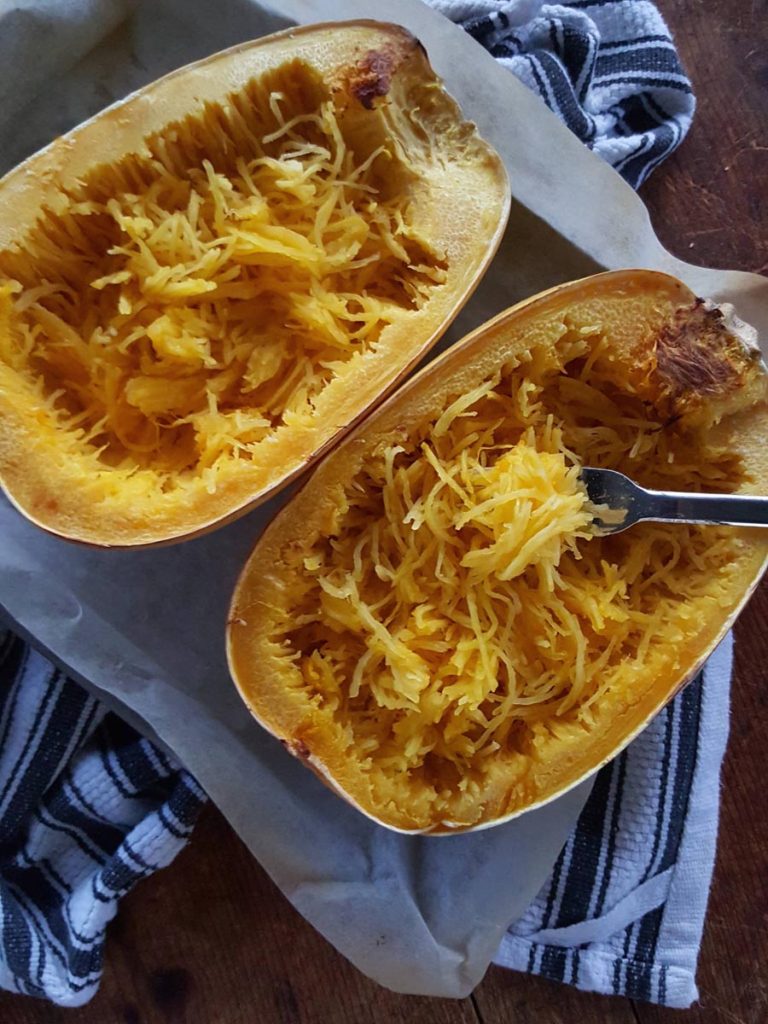
It’s not a pasta, it’s a squash!
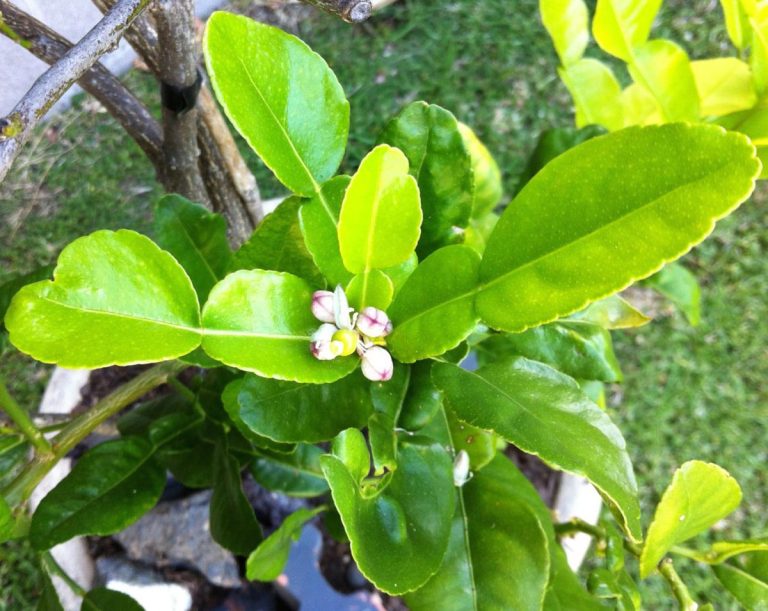
Fresh kaffir lime leaves smell somewhat sweeter than lime zest – sharp, citrusy and clean.
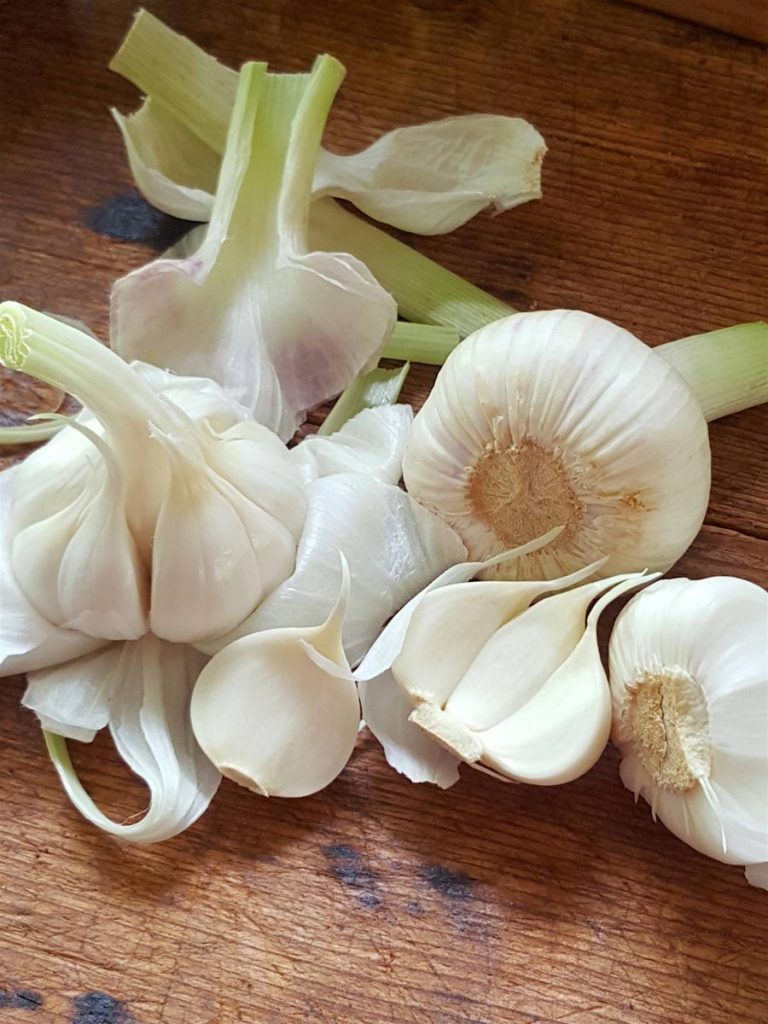
Thanks California for helping us out over winter … but we don’t need you now. Oh, oops, though would you mind sending us your pomegranates for our festive tables? Ta.
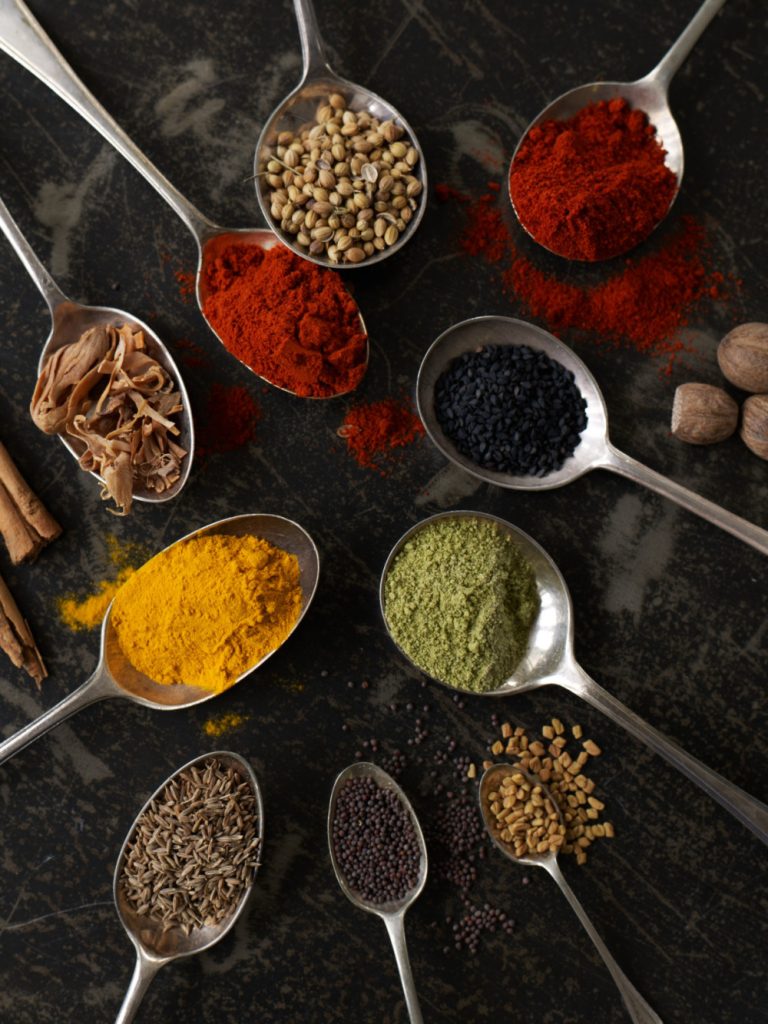
Warmin’ up and coolin’ down – there’s a reason for it.
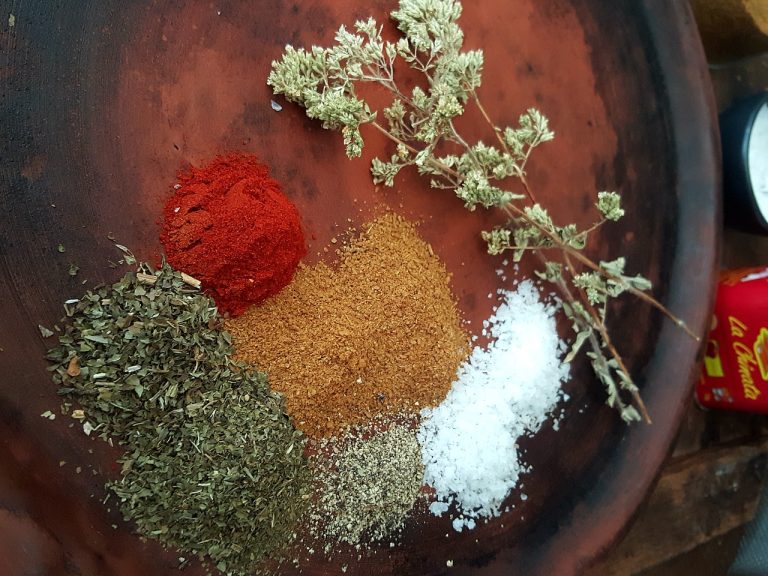
Rub in flavour!
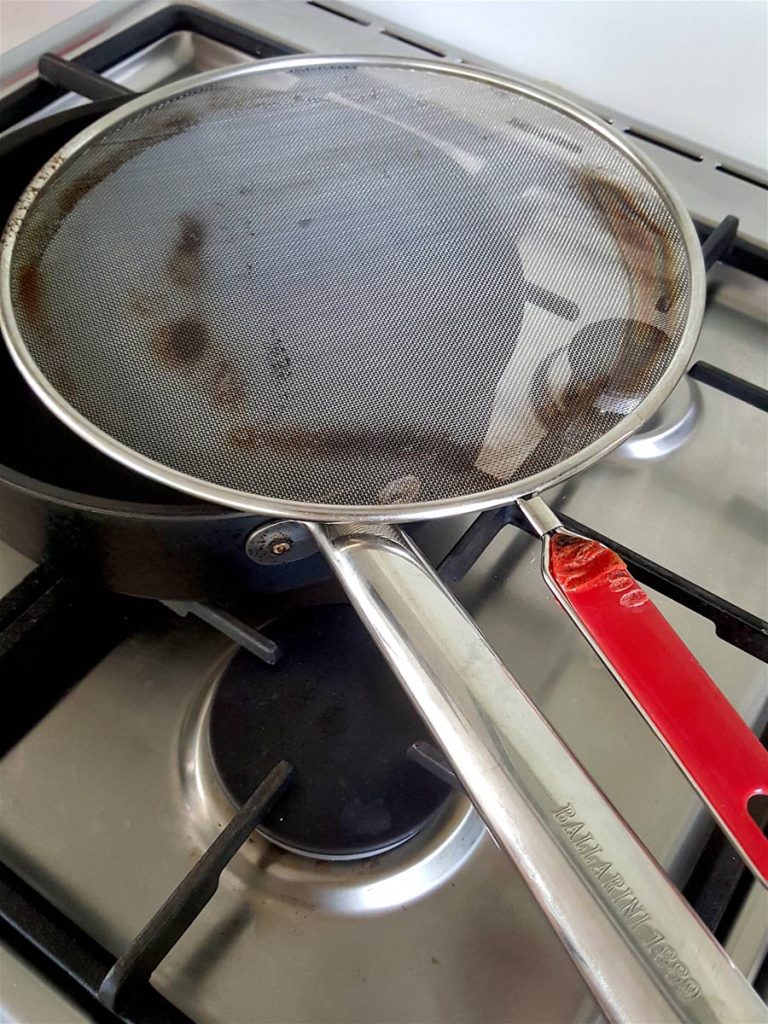
Mine may look a little munted (it is much used and much loved), but I highly recommend this simple piece of equipment.
No products in the basket.
Welcome to the new Shared Kitchen experience! If you encounter any issues, please let us know. Dismiss